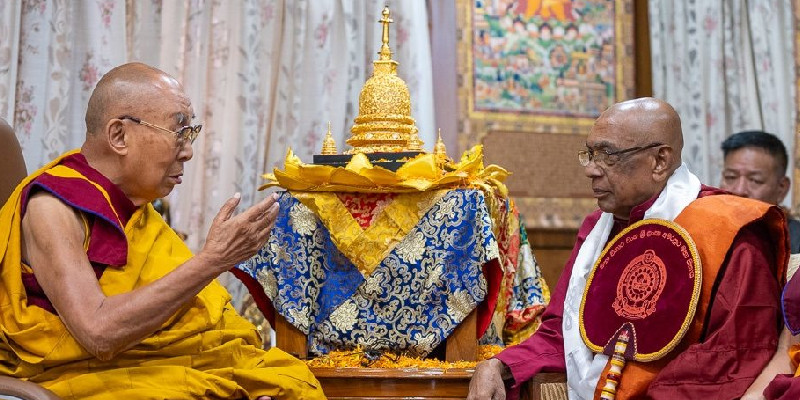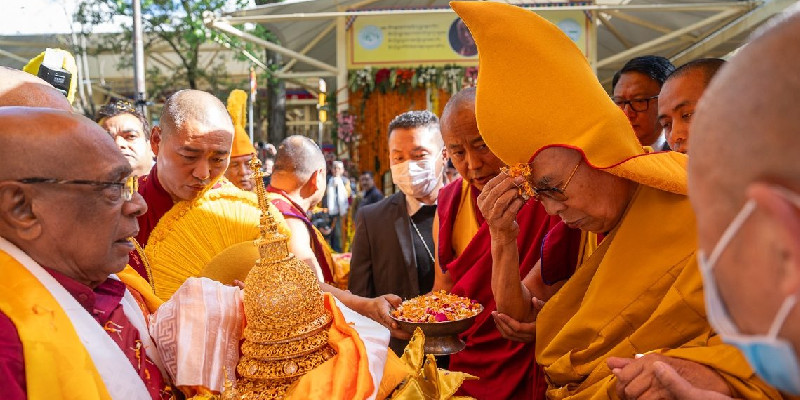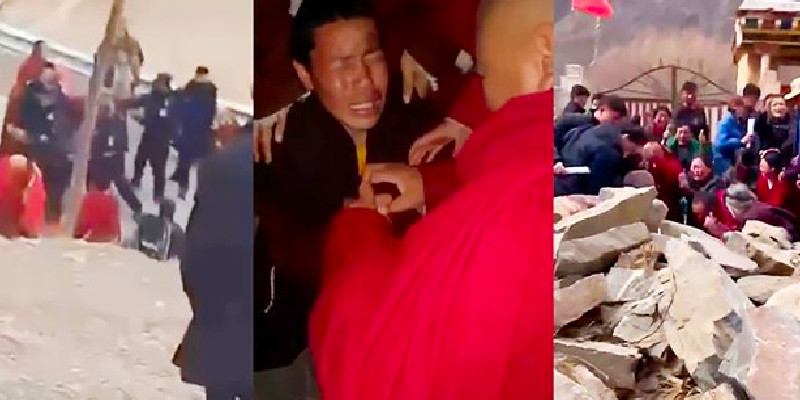Dharamshala, 5th March: A Tibetan man who yelled slogans and set himself on fire in front of the landmark Potala Palace in the Tibet regional capital Lhasa last week has been recognized as a popular modern Tibetan singer, according to RFA. Tsewang Norbu, 25, died after attempting to self-immolate on February 25; according to initial reports, the attempt was stopped by authorities. His death date and location could not be confirmed right away. Sonam Wangmo, Norbu’s mother, is a well-known Chinese artist.
According to an RFA source, the comment section on Norbu’s social media accounts has been disabled owing to an influx of condolence messages, and many of his tracks have been removed from numerous Chinese music applications.
Norbu, a singer, and composer of modern, ethnic, popular, and traditional songs, is best known for the songs “Tsampa,” “Dress Up,” and “Except You,” among many others that have become popular among Tibet’s domestic and international communities.
With Norbu’s death, 158 Tibetans have set themselves on fire in Tibetan territories to protest Chinese authority since 2009, while another eight have committed suicide in Nepal and India.
The previous report of self-immolation was that of Shurmo, a 26-year-old man who set himself ablaze in the Tibet Autonomous Region’s Nagchu (Chinese, Naqu) district in September 2015. Only in January of last year was his death verified.
The self-immolation attempt on Friday came as the Chinese authorities tightened control and surveillance in the run-up to the March 10 anniversary of the 1959 rebellion, known as Tibetan National Uprising Day.
In Tibetan areas, high-tech controls on phone and internet communications frequently prevent news of Tibetan protests and arrests from reaching the rest of the globe. Tibetans’ political activities and peaceful expressions of ethnic and religious identity are restricted by Chinese authorities, who also subject Tibetans to persecution, torture, imprisonment, and extrajudicial killings.







Leave a Reply